
Wilhelm Hauff was a German poet and novelist best known for his fairy tales. Educated at the University of Tübingen, Hauff worked as a tutor and in 1827 became editor of J.F. Cotta’s newspaper Morgenblatt. Hauff had a narrative and inventive gift and sense of form; he wrote with ease, combining narrative themes of others with his own. His work shows a pleasant, often spirited, wit. There is a strong influence of E.T.A. Hoffmann in his fantasy Mitteilungen aus den Memoiren des Satans (1826–27; “Pronouncements from the Memoirs of Satan”). Hauff’s Lichtenstein (1826), a historical novel of 16th-century Württemberg, was one of the first imitations of Sir Walter Scott. He is also known for a number of fairy tales that were published in his Märchenalmanach auf das Jahr 1826 and had lasting popularity. Similar volumes followed in 1827 and 1828. His novellas, which were collected posthumously in Novellen, 3 vol. (1828), include Jud Süss (The Jew Suss; serialized 1827).
Series
Books

Lichtenstein
1826

Viajes por Europa, África y Norteamérica -1845/1847
1993

Das Wirtshaus Im Spessart
1827
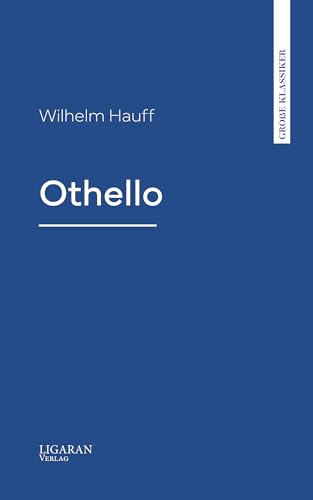
Othello
2008

Kalif Storch
2017

Little Mook And Dwarf Longnose
1986

Die Geschichte von dem Kleinen Muck
1974
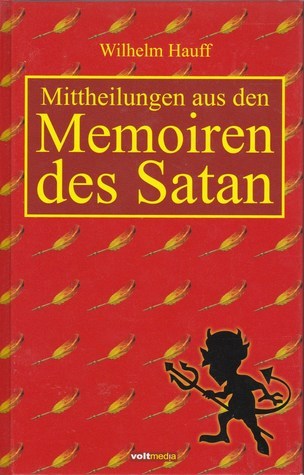
Mitteilungen aus den Memoiren des Satan
1825

Fairy tales of Wilhelm Hauff;
1826

Das Kalte Herz und andere Märchen
1827
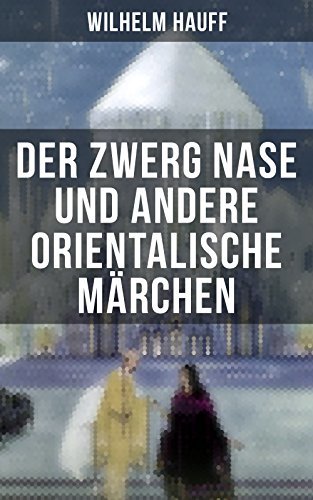
Der Zwerg Nase und andere orientalische Märchen
1827
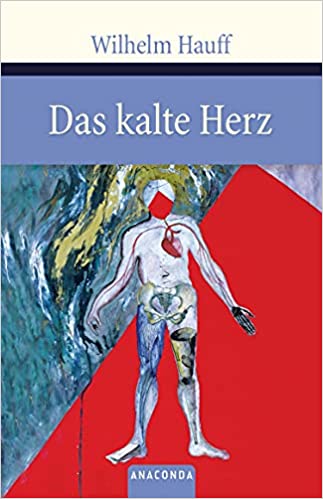
Das kalte Herz
Die Geschichte von dem Gespensterschiff. Die Geschichte vom Kalif Storch
2007

Maailma muinasjuttude kuldraamat
2011

Die Karawane
1825

Der kleine Muck, Kalif Storch und andere Märchen
Märchen-Almanach auf das Jahr 1826
2011
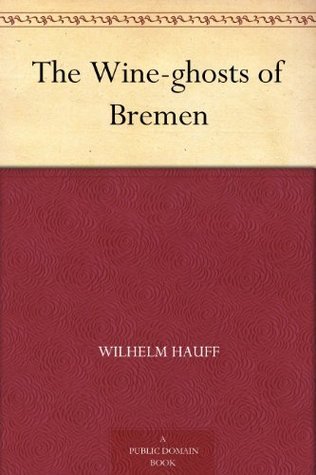
The Wine-ghosts of Bremen
2001

Der Scheik von Alessandria und seine Sklaven
Märchen-Almanach auf das Jahr 1827
1826
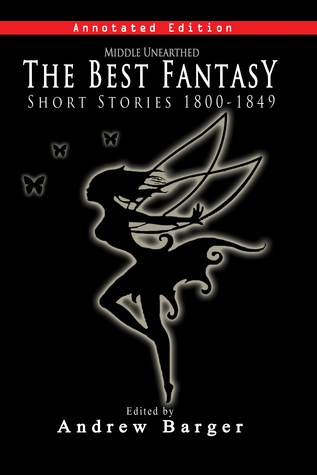
Middle Unearthed
The Best Fantasy Short Stories 1800-1849
2015
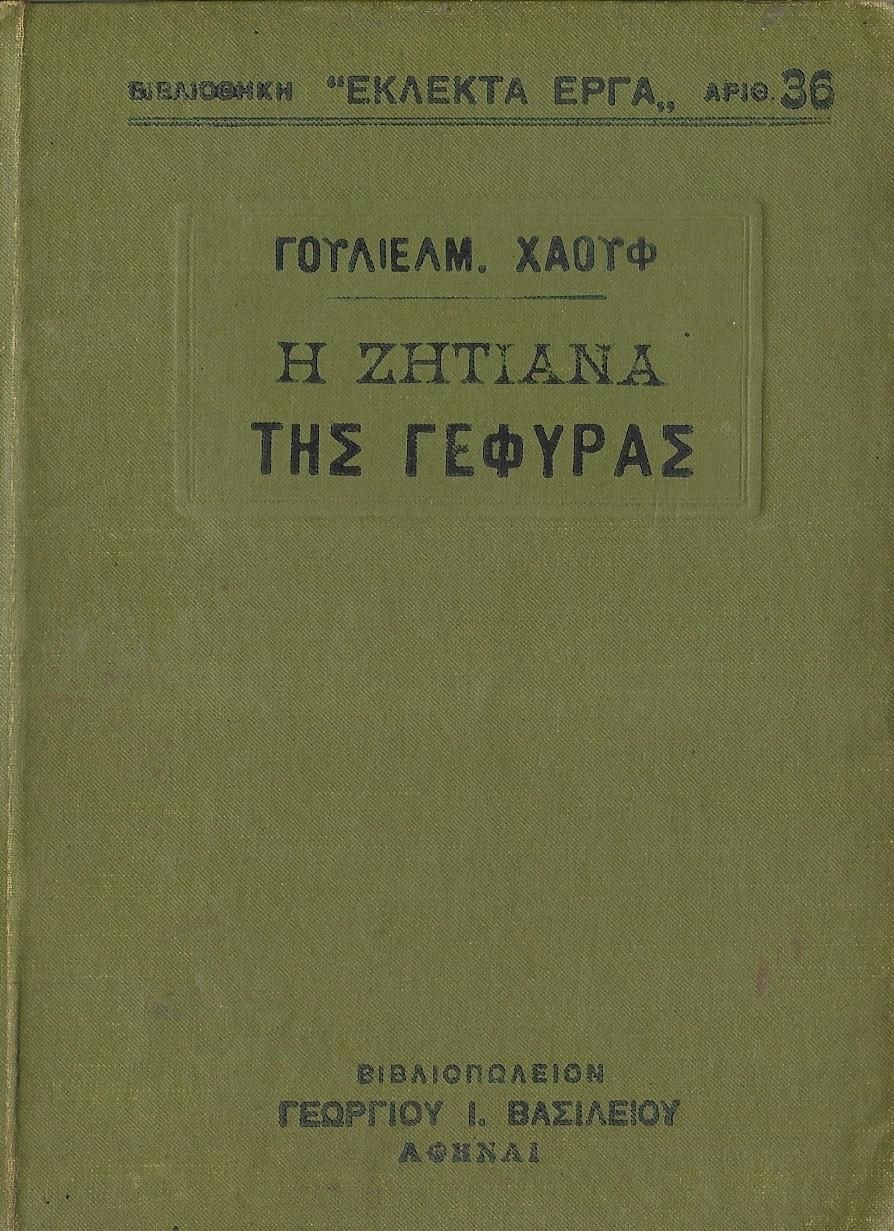
Η ζητιάνα της γέφυρας
2008

Das kalte Herz
1827
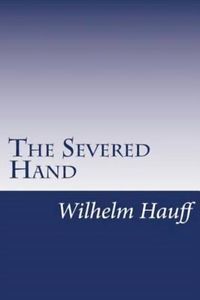
The Severed Hand
1826

Little Long-Nose
1826


